Ideas about the digital revolution. Today, outside in. Tomorrow, inside out?
This essay discusses four important developments in the digital revolution.

This essay aims to give readers an insight into the digital world of today, and speculate about the digital world of tomorrow. We will consider four developments in the Digital Revolution: digital migration, decentralisation, technological advancement, and brain-computer interfaces.
The Digital Revolution simply describes what is happening around us today: more stuff in our lives is becoming "digital". This essay is written from the perspective of someone who is technologically interested, that wants to see progress, but who remains sceptical that more is always better.
A rational understanding of technology says: I want to understand the world around me and what's happening in it. In doing so, I can decide how it is I want to engage with, interact with, and use my digital technology.
This essay tries to describe "what is", not "what could be". In other words, I am interested in explaining to the reader what the digital developments are, not the moral implications of them (e.g., is too much social media bad for teenagers? Is working from home beneficial for mental health?).
Such questions are beyond the scope of this essay. Instead we'll start by considering the world of work.
Digital migration
People throughout history have migrated in search of a better life, of finding work to provide for their families. Think about the Chinese in Indonesia, the Irish in England and America, the Polynesians in New Zealand, the Indians in Uganda (1).
The list of migrating peoples across time and space is essentially endless because it is a very normal human activity. Indeed, "migration" today is such an important topic politically only because it is so widespread, normal, and difficult to square with national borders.
Digital nomads recognise that online work means a person is no longer constrained to one physical place, so they work while moving around the world (2).

Former leader of the Liberal democrats, Nick Clegg, now works at Meta (formerly known as Facebook). Every week, he leads a meeting that is hosted in the Metaverse.
What is the Metaverse? Well, it's essentially a "beefed-up" version of FaceTime, and currently looks like something in the picture below, where you see a journalist interviewing Clegg himself.
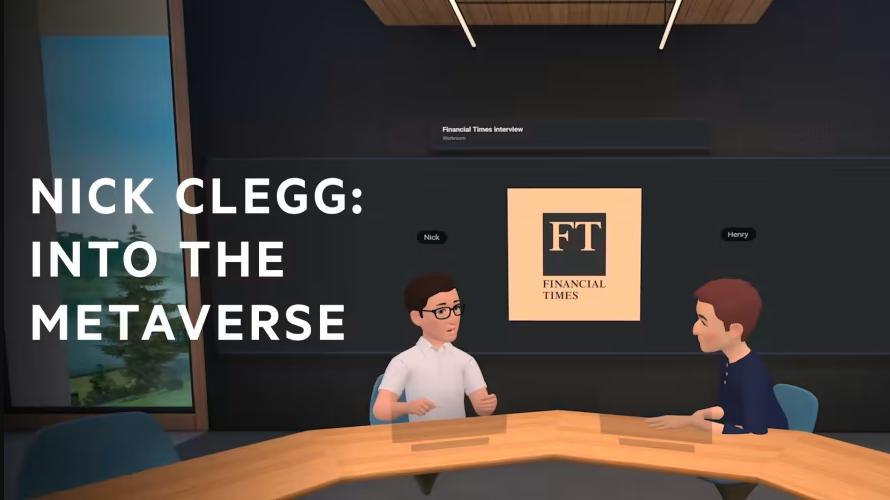

Today, people go to meeting, lectures, and courses in Zoom or Teams, where their face gets beamed up onto a screen alongside the faces of others. Tomorrow, we'll still be getting beamed up in our meetings, but we'll have our own little personal avatars, like in a video game.
This is the Metaverse. Again, it's where you'll be having your work meetings sooner or later.
Along these lines, millions and millions of normal people around the world no longer commute to offices, but instead migrate digitally. Put differently, millions of people today "work from home".

To get a sense of the scale of digital migration, consider the graphic below (4).
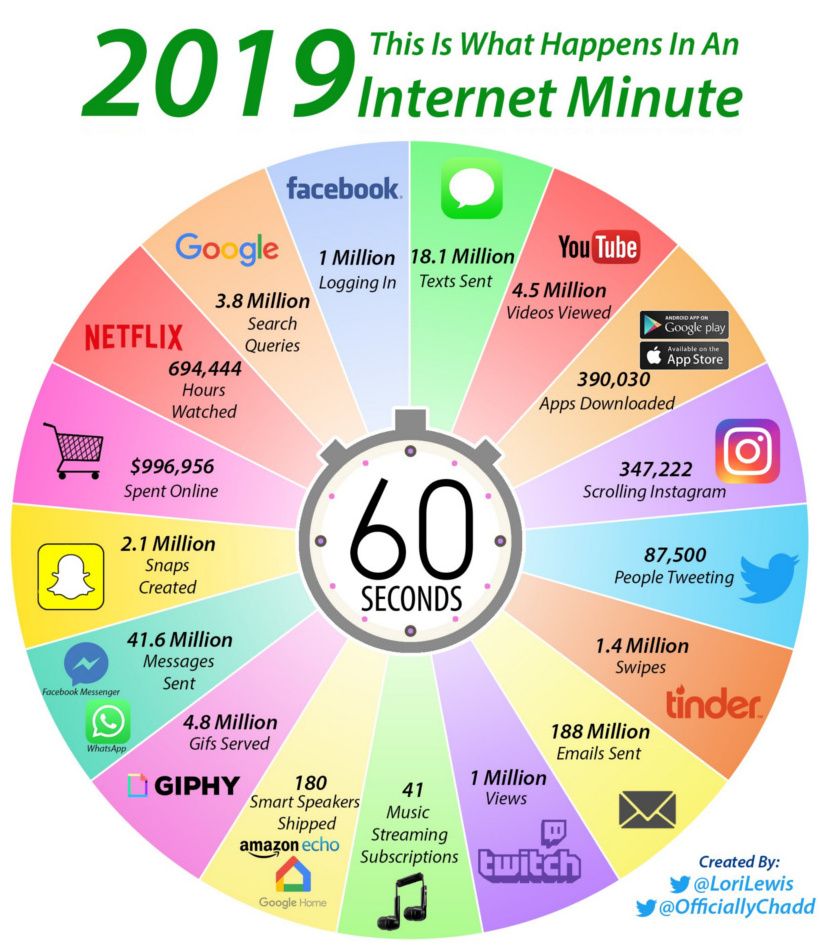
Really, consider the numbers. 188 million emails interacted with every 60 seconds, of, every hour, of every day... The numbers are unimaginable... (when numbers get so big, 100,000 million etc, our brains cannot comprehend it, so we just switch off and think "ooh that's a big number", or "god I hate maths"....).
Because of this, consider your personal experience.
Imagine you leave the house and forget your phone.
Does it feel like a part of you is left behind? Do you go back to get it?
Or perhaps you're like me. You check your phone before you go to bed and as you wake up in the morning.
This brings us to our next point: the personal reach of digital devices, something made possible by decentralisation.
Decentralisation
What, precisely, makes the Digital Revolution so powerful?
What this means is that the internet is not something whose benefits can be felt by the educated, the wealthy, or the lucky, but by every single person with access to the relevant technology.
You may think... but who actually has access to the relevant technology? Probably the Western, Educated, Industrialised, Rich, and Democratic (WEIRD) countries, right? Seems a reasonable assumption.
Wrong.
There are more technologically sophisticated internet devices in the world today than there are people (phones, iPads etc. 6). Increasingly, the human globe is connected, online.
Of course there are inequalities between people and places, but the fundamental trend remains. Why the trend?
In Ryan's History of the Internet, he recounts that the early pioneers of this decentralised technology wanted to create a system that eliminated the problem of geography.
Imagine, they suggested, a world where information would be accessible to anyone, no matter where they lived in the world, what passport they had, what sexuality they preferred, or what religion they practiced.
You may like to argue about the details, but I'd argue that this world currently exists. We live in it every single day.
Consider decentralisation differently.
In times gone by, communities were determined by their physical limitations (7). They looked something like this.

Today, communities are decentralised and transcend physical reality. They look like this.
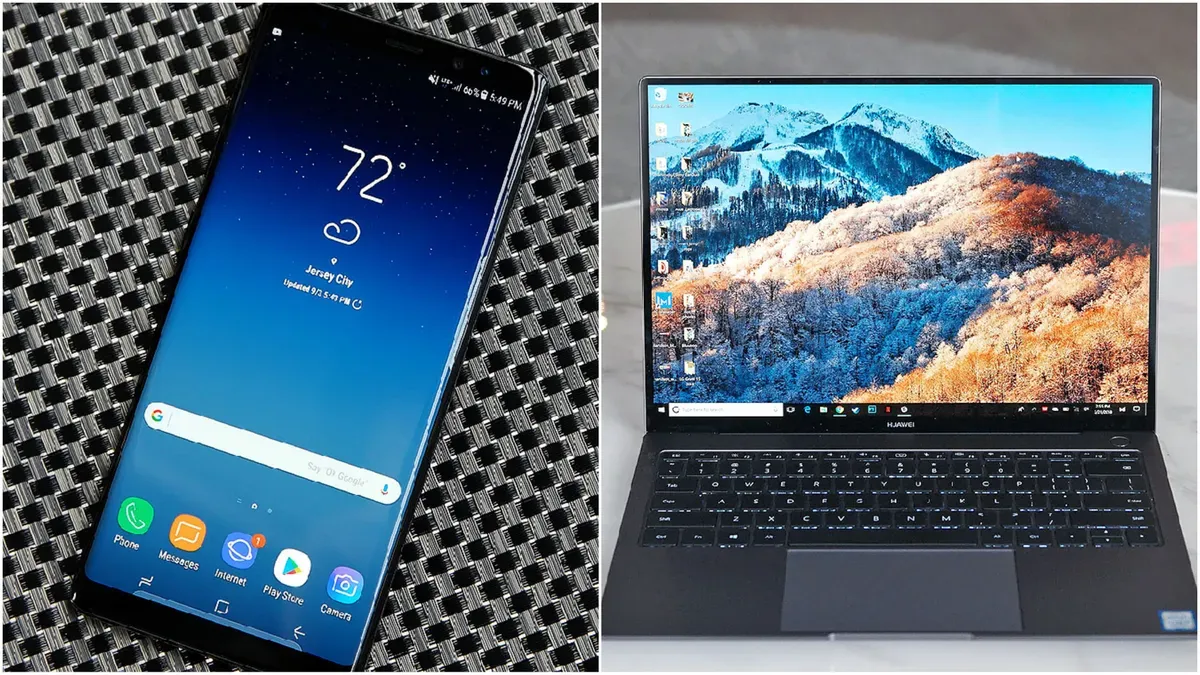
Yesterday, if I wanted to go to the next town to find work or to meet a girlfriend, I had to walk, and would probably encounter many difficult obstacles in my way. The story went something like this for the majority of people living in human groups across history.
So, people tended to stick together, and live in tight communal bonds. A person had access to the resources (partners, work, friends, language) that their community could provide.
Today, I can be in New Zealand, talk to my parents and girlfriend who live across the world in England, work for a non-governmental organisation whose main operations are in Somalia, and learn to speak the German language online.
Roughly speaking, that is an experience I've actually had (minus the Somalia work and girlfriend thing, I actually worked physically in New Zealand planting Avocado trees and serving pints!).
One final way to think about decentralisation is that each individual who is connected "online" has access to personal networks, opportunities, and information. They have this power from the comfort of their home or literally their pocket.
Decentralisation means that digital companies have access to each individual who is online, which is why we have such mega-companies today (they transcend geography, a big barrier to large-scale commerce). On the other hand, it is a very democratic process since we all get to participate in online communications.
This is one paradox of the Digital Revolution: mega-companies and democratic freedoms!
Decentralisation is made possible by technological advancement. And it's that which we'll consider next
Technological advancement
Consider Moor's Law. Note, it is not really a "law".
Instead, it merely describes the real state of affairs in electronic communication technology (computers, phones etc) and how fast they develop.
Since the 1960s, every 2 years the processing power of computers have essentially doubled. This means that computers were once massive and slow, but over time, they have become more powerful and small.
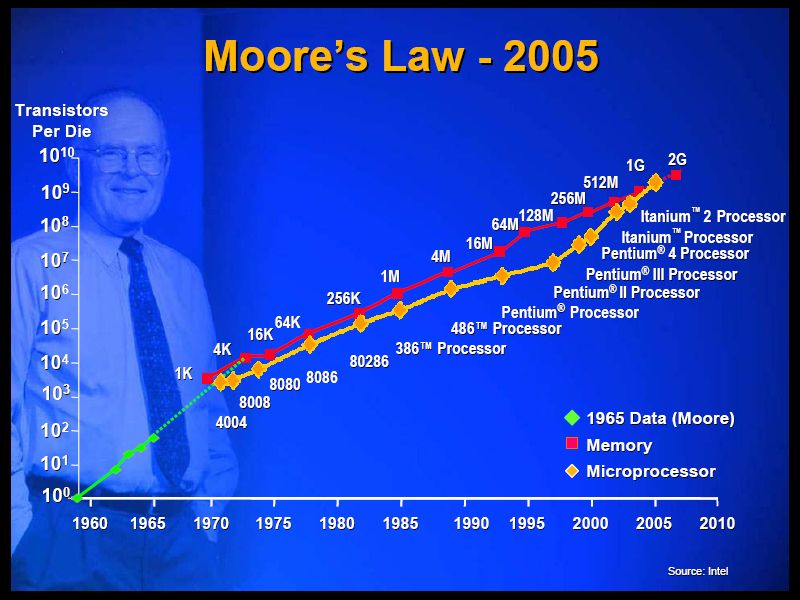
Yesterday, a person interested in ideas had to fill up an entire bookshelf with the Greek philosophers, the Roman historians, the Enlightenment thinkers, the feminist voices, the animal rights activists, and the climate scientists. Today, none of these things - "books" - need to physically exist anymore.
Instead, a person can carry around an entire lifetime worth of library in their pocket and access them digitally.
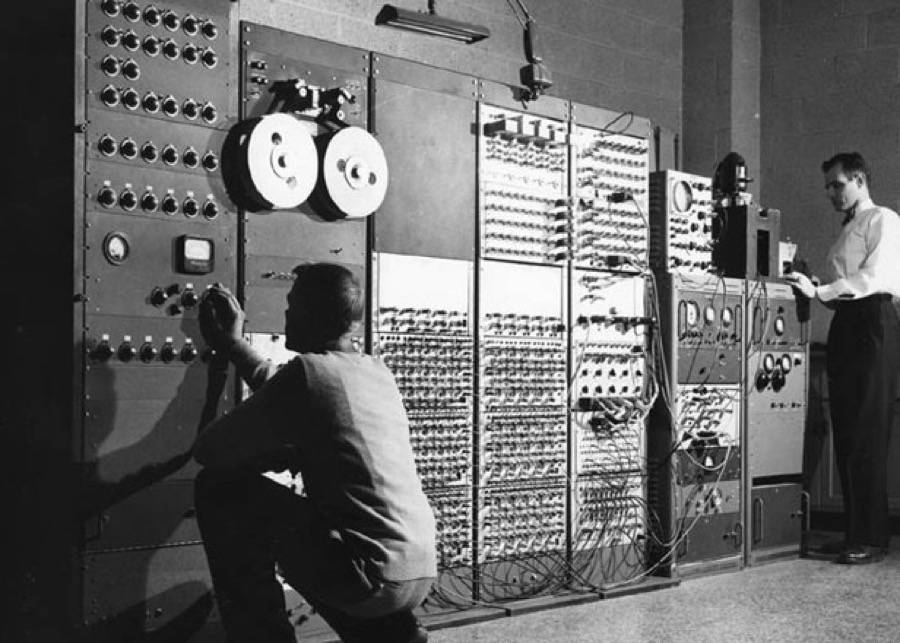



Most small phones today are incredibly powerful computationally and it is realistic to host a wide variety of business operations on a modern phone. Today young people accept the power of their phones as normal, but it is far from normal, it's insane!
Better yet, they demand (myself included) better features, storage, functionality, and power each time they buy a better laptop, take out a bigger contract, or think about getting more data.
Conversely, many technologies do not advance because there is not demand for them. I'd advise against thinking of big tech companies as "evil" and instead think of them as providing useful services that people actually want (otherwise, nobody would have an interest in using computers, phones, or reading a post about digital developments....!)
Should we uncritically accept things instead? Nope.
Computers and mobile phones work because of our understanding of quantum physics, which helped us develop transistors a key component of every computing device (8). Transistors looks like this.

Quantum physics sounds complicated. And it is. But all we need to understand is that it simply describes things that happen at the smallest of scales.
Imagine you are standing on the ground. Well, what were to happen if zoomed in. And in. And in. And in.
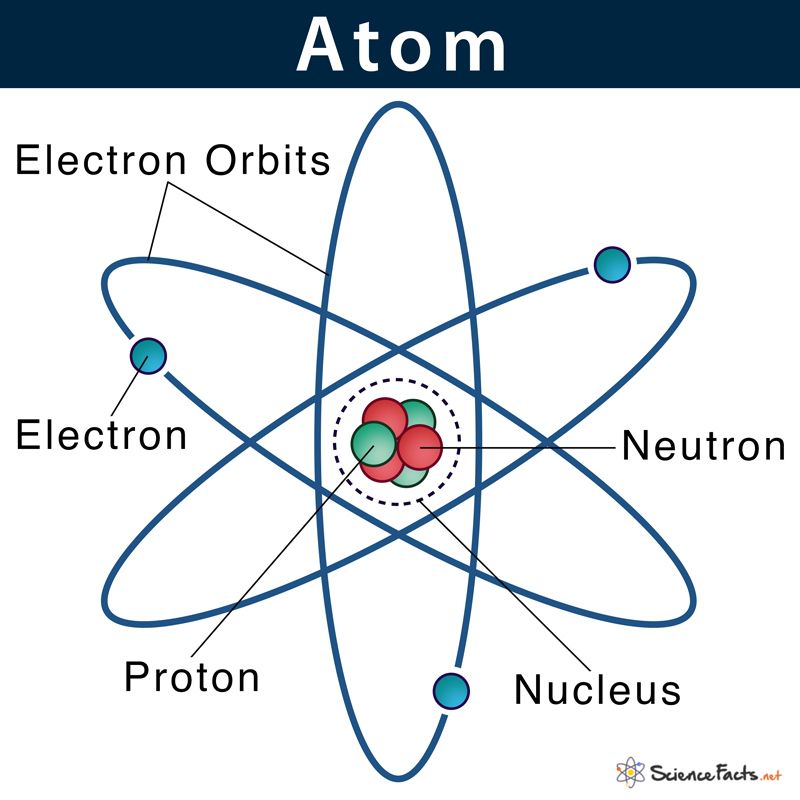
Eventually you'd get to molecules, atoms, and subatomic atoms, particles. These are the building blocks that make up the universe.
Now, go smaller still.
Physicists who study really small stuff are quantum physicists, and that's the broad understanding that is important for an outsider like me to takeaway.
At quantum scales (very small scales) things get strange. Quantum tunnelling, for example, describes how the same particle can be at one place and tunnel between a physical barrier and appear on the other side.
This is a massive problem for quantum computing, because as computers have gotten smaller, the possibility to engage in quantum tunnelling becomes real. If your computer parts are quantum small (very small), then it won't work because the physical particles will tunnel through the physical barriers (the computer parts), and it just won't work.

Think about trying to keep a monkey inside a cage, which had a very large fence but no roof. Eventually, the monkey grows restless and climbs the cage, successfully escaping.

However, physicists around the world are racing to harness this really small scale (the quantum scale), and if they can do this, it may result in an unprecedented, exponential rate in the power of what computing devices can do.
There are many physical limitations to working with things at such small scales called quantum computing, and it seems highly unlikely quantum machines would exist in the same way that personal computers or mobiles phones currently exist for us, though they may be used in governmental, research, or infrastructure settings.
See an early quantum machine below...

In reality, exactly what possibilities quantum computing may or may not unlock remains to be seen; at the moment it's pretty speculative what will and will not happen. But it is a development that is both real and occurring right now in research laboratories around the world.
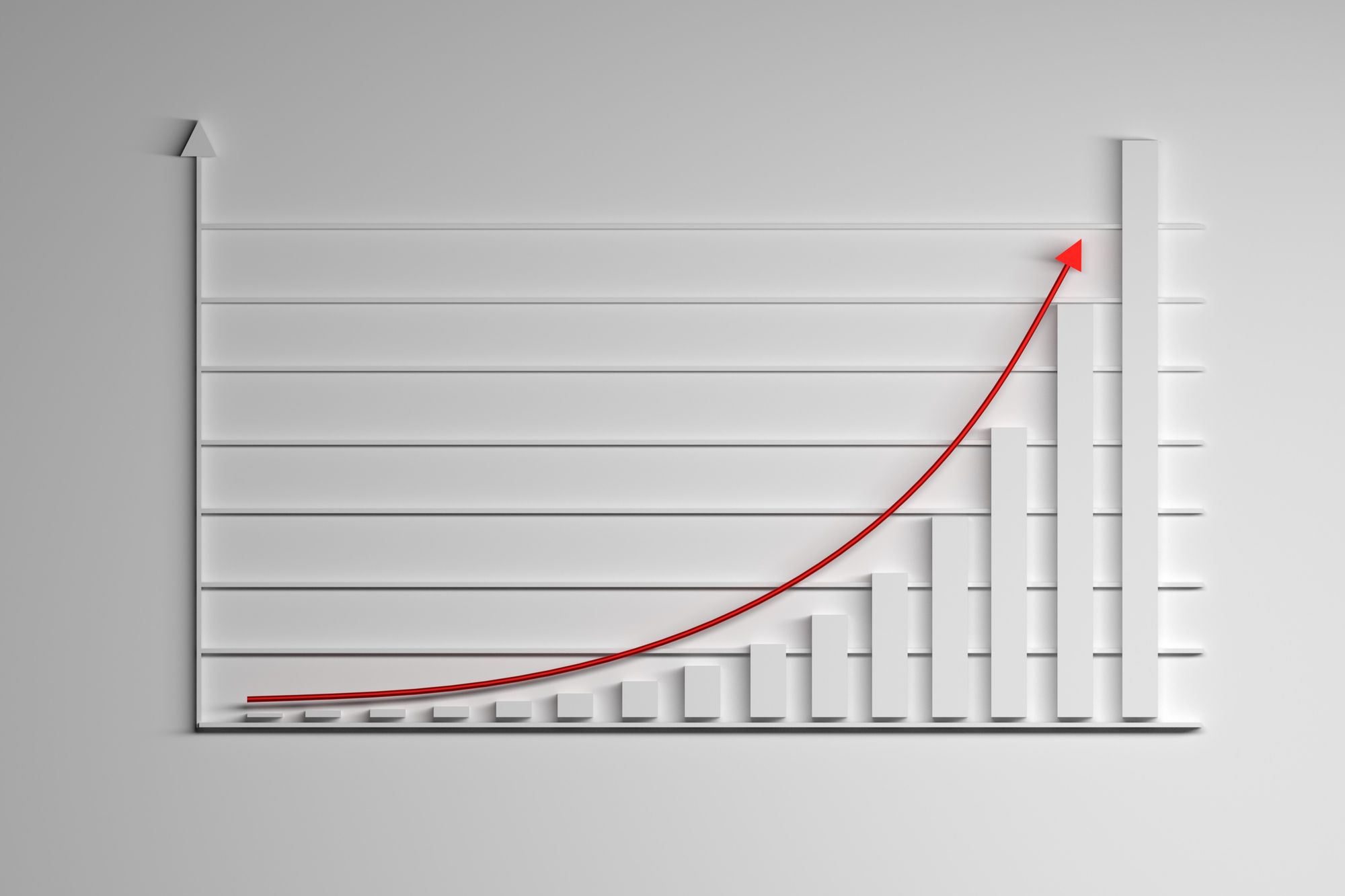
The possibility of quantum computing is scary as it is fascinating. Who knows where it might lead?
And this leads us to our final discussion point: where brains interact with computers directly.
The brain-computer interface
Finally, it is completely within the realms of possibility that our understanding of computing with interact with our understanding of how brains work.
See below for a diagram familiar to all psychology and physiology students: it's our understanding of how brain cells (neurons) talk to each other, ultimately causing consciousness, movements, and love. It's all explained naturalistically, through physical principles we can test, see, replicate, and crucially, manipulate.
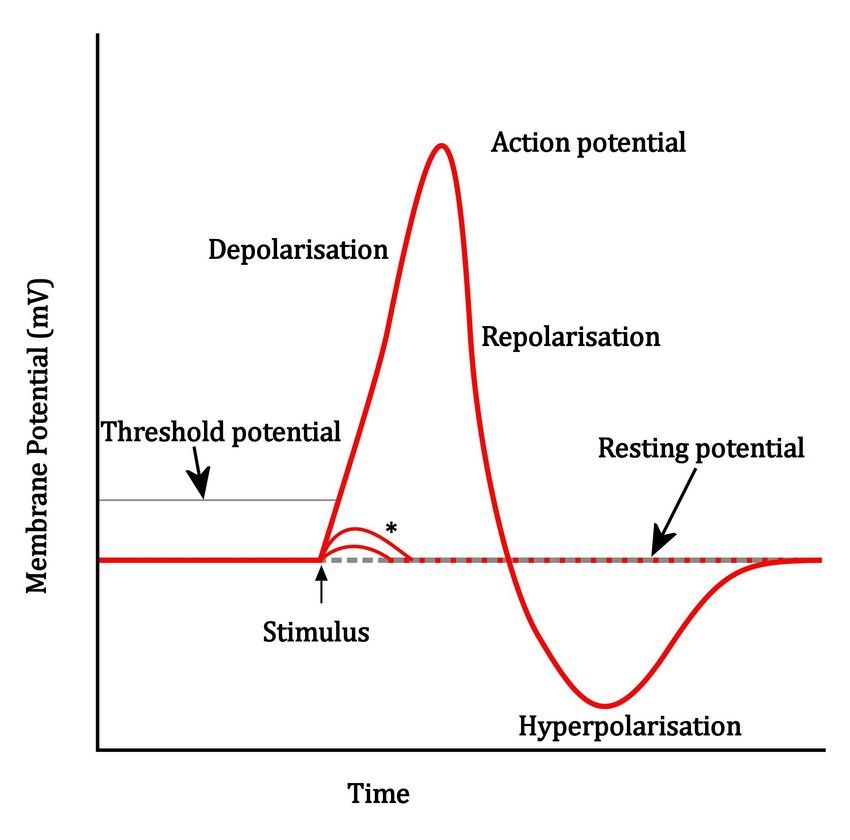
Is the final criterion of a scientific theory truth? Well, maybe.
But any person at least a little bit familiar with the history of science will be aware of something: things change. Our minds should change as the evidence changes.
Perhaps, instead, then, we can ask a different question.
Not, is it true?
But, does it empower us (7)?
In other words, does our idea about the world (conscious experience is the result of electrical energy in the brain), mean that we can make something happen, build something, or have effect in the world?
In other words, does understanding the brain in this physical way allow us to do stuff that will have an impact that we would want for our fellow humans?
Well, let's see.
Because our brains and hence all of our experience (thinking, feeling, remembering) is a product of electrochemical energy which can be understood through the framework of physics, it will possible to harness this physical energy.
Therefore, at some point in the future, it may become normal to have human being walking around with a computer chips in their brain. Because brain energy and computers work abiding to the same laws of physics, a merger between them is not science fiction, it's completely feasible.
The matrix captured this well.

I don't know how many companies around the world are currently trying to make human brain-computer interfaces a reality (probably quite a few), but I do know that it is another development happening that is real and will probably unfold within my lifetime.
The CEO of Neuralink, a company which aims to build brain-computer interfaces, argues that human beings are already in a relationship with our technology (11). Is this right?
I think so. However, just because I think this is right doesn't necessarily mean that I want to start implanting myself and others with digital chips!
When we leave the house without our phone we may feel like a part of us is missing; we may feel anxious when our little phone isn't by our side; we rely on our devices for our work, healthcare, education, social interaction, and for finding partners.



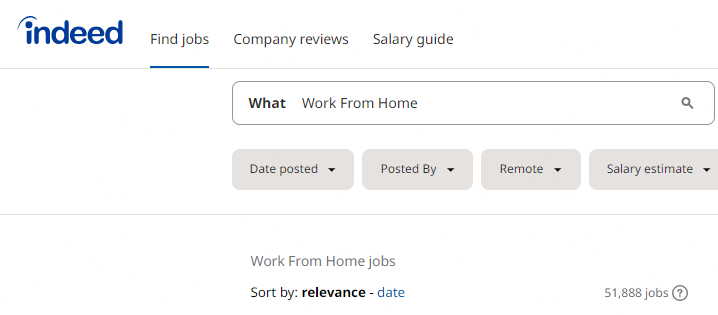


The question is not: are human beings in a symbiotic relationship with technology? Because the answer to that is.... yes; we've been evolving alongside technology for millions and millions of years.
Think language. Stone tools. Fire. Farming. Industrialism. Trains, planes, and swimming in the fast lane (12). They're all technologies we live with and use, though I admit swimming doesn't quite fit with trains and planes (but it does rhyme, and is still very much a technology!)
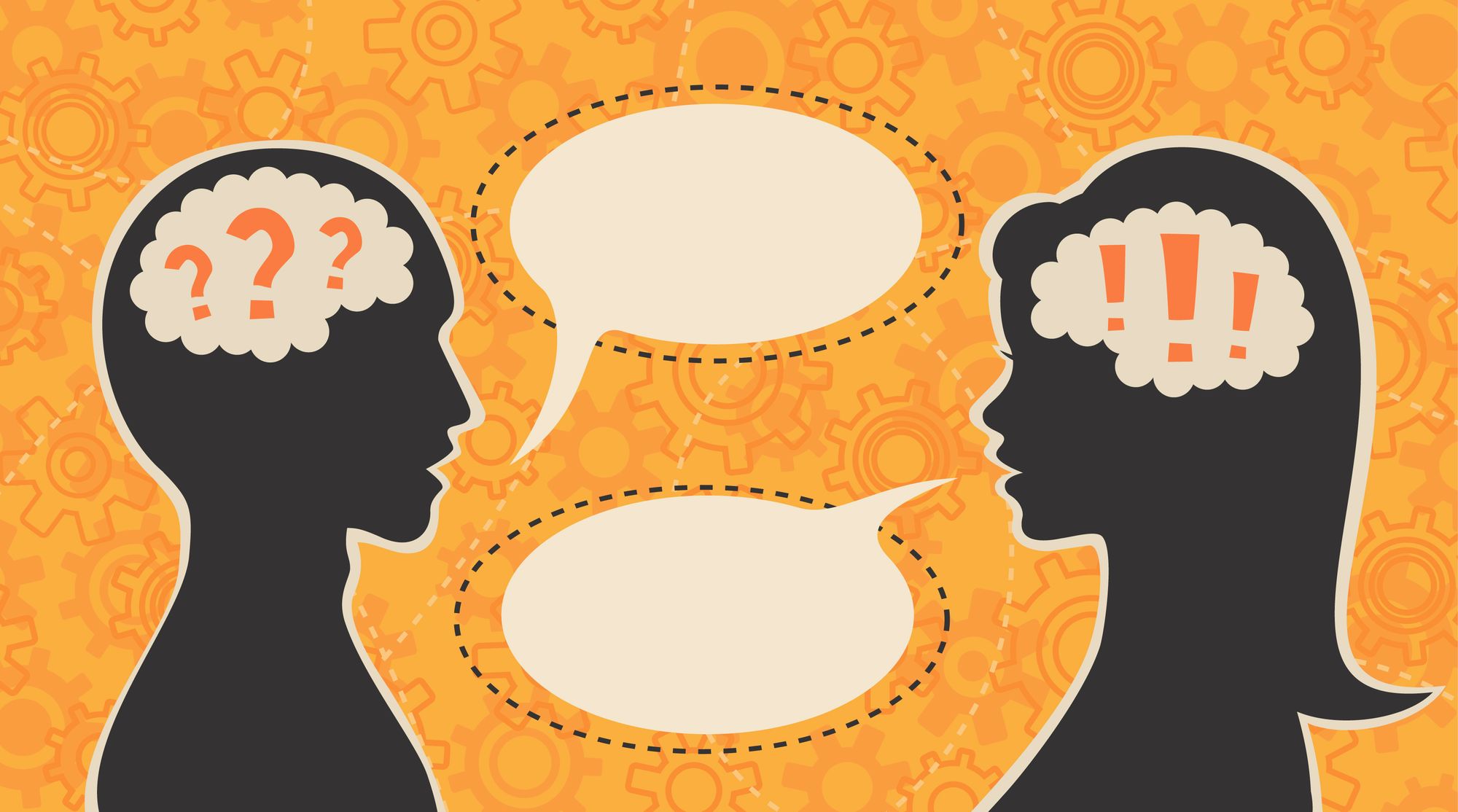
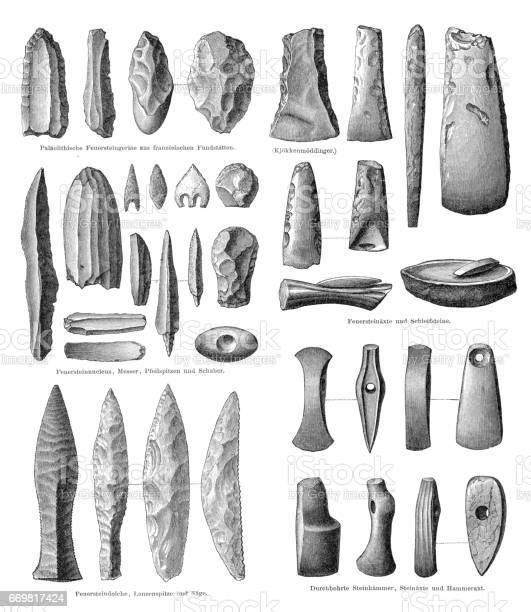






The real question is: how might the data-rate of interaction change in the future? Currently we use our fingers and thumbs to type, search, and swipe.
Our data-rate is: think, move fingers, send electronic message.

But because both the human brain and computers work because of physical principles, what is stopping us from connecting them, too? And by that, I mean connecting them physically.
Put differently, can we speed up our data-rate example, so that....
Think, move fingers, send electronic message, becomes.....
Think, send electronic message.
Today, the importance of technology creeps from the outside in. Our homes have more and more smart devices: watches, speakers, and phones.
Tomorrow, the importance of technology may be felt from the inside out. First, the paralysed will be able to walk again. Then, the person with a stroke able to talk again. Perhaps one day even the elderly will be able to remember.
Curing tragic brain diseases (paralysis, strokes, Alzheimer's) may sound far-fetched, but I'd say with brain-computer interfaces we may not be that far off. Predictions about the future, however, when researched systematically, are always terrible when thinking beyond 2 years (13).
If thoughts themselves are physical electrochemical energy (which is essentially the majority view in the brain sciences), then what is to stop computers interacting with thought itself?
In principle, a future exists where humans no longer need to talk with the technology of language, but instead can communicate directly transmitting thoughts from one brain-computer interface to another.
Conclusion
Today, the digital developments come from us from the outside-in.
We work from home, have personalised devices, and put our connectivity to a variety of uses. Some useful, others less so.
Tomorrow, the developments may be felt from the inside-out. The utility of a human-computer interface would surely be a qualitative change from what we know today.
And it would surely bring about a range of experience.
Nevertheless, from the world as I see it today, this is a real development that is, right now, slowly unfolding around the world before eyes. Here, we have not even considered artificial intelligence, which deserves an essay of it's own.
In a fast moving world it seems important to me that individual people, to say nothing of companies and governments, reflect of their use of and interaction digital technology.
As I hope to have shown, the trends are pointing a particular direction. The life of humanity and technology are already in symbiosis, it's been a long evolving partnership.
Perhaps as we look around we are witnessing just how far this partnership can go. This is the essence of the digital developments, of the Digital Revolution.
References
1) Sowell, T. (2011). Economic facts and fallacies. New York: Basic books.
2) Cook, D. (2022). Digital nomads have rejected the office and now want to replace the nation state. But there is a darker side to this quest for global freedom. The Conversation. https://theconversation.com/digital-nomads-have-rejected-the-office-and-now-want-to-replace-the-nation-state-but-there-is-a-darker-side-to-this-quest-for-global-freedom-189835
3) Mance, H.,Riddell, J & Hannen, T. (2021). Nick Clegg's first interview in the metaverse https://www.ft.com/video/56db419e-e3ad-43ba-abe2-5c0e75de6ecf
4) Fox, G. (2019). What happens in an internet minute?https://www.garyfox.co/what-happens-internet-minute-2019/
5) Ryan, J. (2013). A history of the internet and the digital future. New York: Reakiton Books.
6) Murphy, M. (2019). Cellphones now outnumber the world’s population. Quartz. https://qz.com/1608103/there-are-now-more-cellphones-than-people-in-the-world/
7) Harari, Y. (2014). Sapiens. New York: Random House
8) Biercuk, M (2011). Explainer: Quantum physics. The Conversation. https://theconversation.com/explainer-quantum-physics-570
9) Dennet, D. (1991). Consciousness explained. New York: Little Brown & Co.
10) Pinker, S. (1997). How the mind works. New York: W. W. Norton & Co.
11) Rogan, J. (2020). Joe Rogan Experience #1470 - Elon Musk. https://www.youtube.com/watch?v=RcYjXbSJBN8&t=2775s&ab_channel=PowerfulJRE
12) Pinker, S. (2010). The cognitive niche: coevolution of intelligence, sociality, and language. Proceedings of the National Academy of Sciences - PNAS, 107, 8993-8999. 10.1073/pnas.0914630107
13) Tetlock, P. & Gardener, D. (2018). Superforecasting: the science and art of prediction. New York: Penguin

